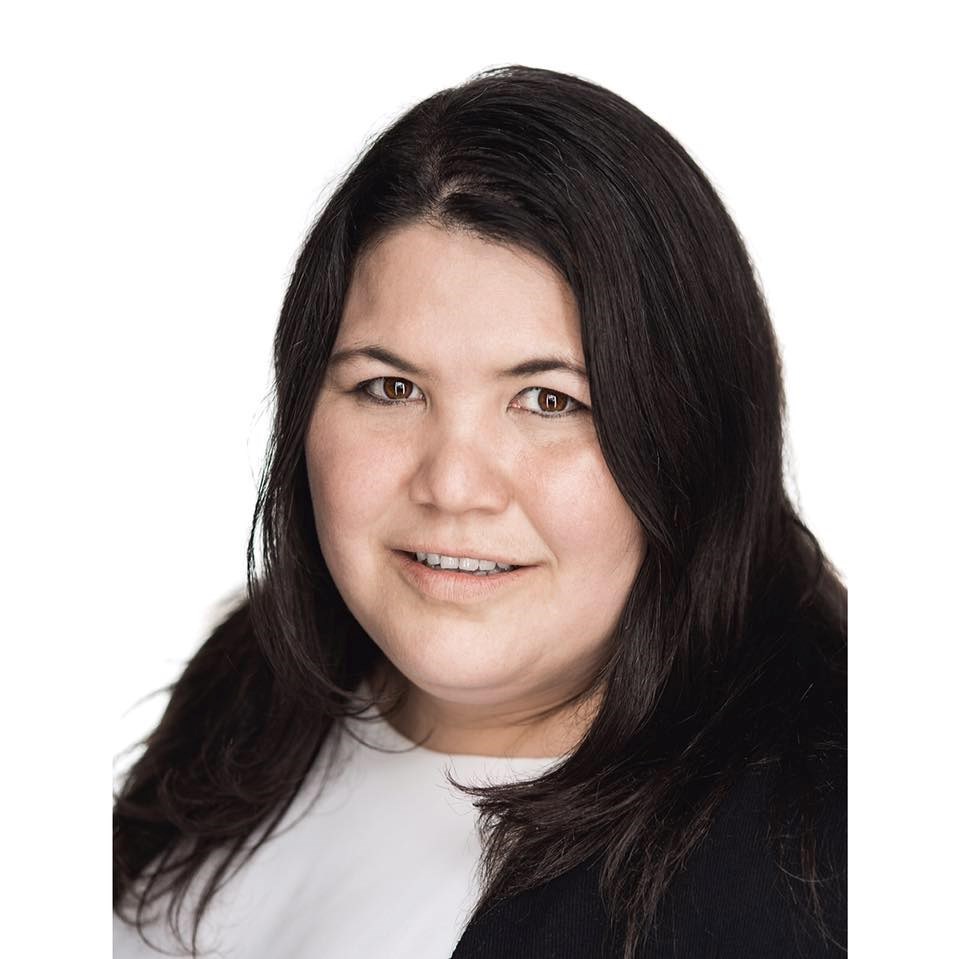I’ve always been an optimist, and I’ve always seen being an optimist as a good thing. With a quick scan of the dictionary, the word “optimist” means to be hopeful and confident about the future.
I never imagined in a million years it could have any negative effects. Who likes to be around an Eeyore anyway?
When I think of an optimist, I think of the phrase: “Seeing the glass half full instead of seeing the glass half empty.”
There’s been a big movement over the past few years emphasizing the power of gratitude. Books, movies, websites and workshops are devoted to it. We look at how gratitude affects us as individuals, but not always how those around us react to it.
A couple of years ago, I took a personality test and in the final report it mentioned that my optimism could be viewed as a negative thing. I don’t remember the exact wording, but basically it stated I have a tendency to be “annoyingly optimistic.” Any time I’ve shared these words with friends they laugh, and I know they are laughing because it’s true.
I’ve seen how my outlook can annoy people and I’ve definitely seen people who do not appreciate it at all. While I knew it wasn’t everyone’s cup of tea, I didn’t really understand what the turnoff was. Naïvely, I assumed that some people just like to be negative.
I was reading a book on conflict with a chapter that discussed realists and optimists. I was eager to read this because I am so clearly an optimist and thought it would talk about why optimists are so great. Then I read something that stopped me in my tracks. It said that a realist views a situation with a clear understanding of the amount of power they have and an optimist views the situation thinking they have more power than they do.
I spent several days with that idea spinning in my head. It made me think that a realist sees a cup half full while an optimist sees a half-full cup as a full cup.
This is where I started to understand how there is such a thing as “annoyingly optimistic.” If realists and optimists behave according to the power they believe they have, the realist has a clear understanding of the situation. It’s the optimist who doesn’t. The optimist can come across as someone who is acting as though they have more power than they do. How annoying, right?
I sat with a friend sharing this realization. Her eyes got wide, her mouth dropped and she said: “This changes everything!” She is also an optimist, and I think that’s why we get along so well. I think this is an interesting concept to grasp to see how other people perceive actions.
If my intention is to share my excitement about a new idea, and someone sees my optimism as a powerplay, then obviously there is a better way to handle it. I wonder if this is the formula required when it comes to optimists and realists working together.
Even after gaining this realization, I know I will always be an optimist. I like to think there is always a way to accomplish anything, and I love thinking anything is possible. Looking on the bright side is far more exciting than accepting things for how they are.
If everything seems to be going south, maybe it’s a good thing to have the perspective that we have more power over a situation than we do, because the situation can seem less dreary.
Most children are told that they can be anything in the world that they want to be. That statement could be viewed as overly optimistic, offering a child more power than they have over the situation. Imagine how awful it would be if we tried to tell children that the families they were born into, socio-economic status and other factors outside of their control could take opportunities away from them.
What I’ve learned is optimists and realists view situations differently, and we should understand how other people perceive our actions.
Charla Huber is the director of communications and Indigenous relations for M’akola Housing Society.



